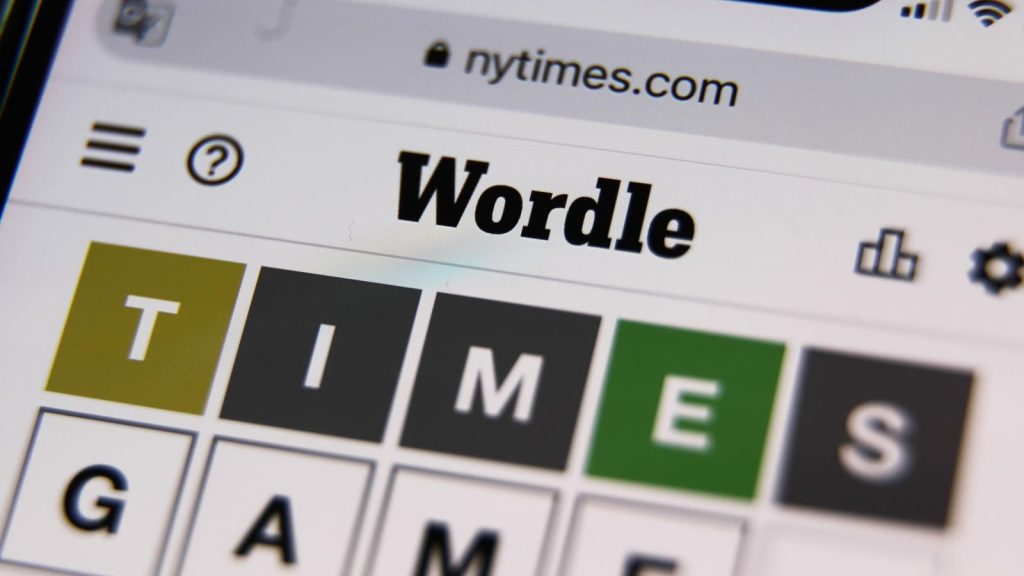Tuesday, bloody Tuesday. Not the nicest description of the day, but then it’s Tuesday and there’s really nothing that special about Tuesday unless it’s your birthday or your favorite video game is releasing.
We are just about 25 days from Wordle #1000, however, and the Ides of March. So plenty to look forward to in terms of rather abstract numbers.
For now, however, it’s Wordle time!
The Hint: Online dating is in pursuit of this.
The Clue: This Wordle ends with a consonant.
.
.
.
The Answer:
Wordle Analysis
Every day I check Wordle Bot to see how I did. You can check your Wordles with Wordle Bot right here.
I guessed night because I’ve been reviewing True Detective: Night Country, which just ended with a truly awful season finale. I did not like it, but I used night and that was halfway decent for an opener.
I was honestly just not sure what to do with my second guess and there seemed like a fine enough idea. There it was. It slashed the 72 words I had down to 26, which isn’t much to speak of. Hutch still didn’t help as much as I’d hoped. With 7 words left it was all about guessing and luck and sure enough, it was a match made in heaven. Huzzah!
Competitive Wordle Score
Today was a tie so I get 0 for that and 0 for guessing in four. Zeroes all around!
Today’s Wordle Etymology
The word ‘match’ has a diverse etymology, reflecting its various meanings in English. The primary senses of the word can be traced back to different origins depending on its usage, such as a contest of skill, a marriage partner, or an object used for lighting a fire. Here’s a brief overview:
- Match (for lighting fire): This sense of the word ‘match’ comes from the Middle English word “macche,” derived from Old French “mèche,” referring to the wick of a candle or lamp. This in turn may trace back to a pre-Roman word, possibly influenced by Latin “myxa,” which meant a lamp’s wick, originally from Greek “myxa” meaning the nozzle of a lamp, the mucus, or a lamp’s snuffer. The evolution to mean a small stick coated with a combustible mixture for lighting fires is a more modern development.
- Match (contest): The usage of ‘match’ to mean a contest or a game comes from a different root, traced back to the Old English “gemæcca,” meaning a companion or mate, derived from the Proto-Germanic root “*mak-” (to make). The idea here is that of pairing similar individuals or teams in a contest or game, which extends to the notion of making a match or pairing for competition.
- Match (suitable partner): This sense is closely related to the contest meaning, originating from the idea of pairing or making a pair that is well-suited. The Old English “gemæcca” (meaning mate, equal, one suited to another) reflects this notion of finding someone who is a good fit or match in terms of compatibility for marriage or partnership.
The different meanings of ‘match’ illustrate how words can evolve over time, taking on new meanings or nuances based on usage, cultural changes, and the blending of linguistic influences.
Read the full article here






